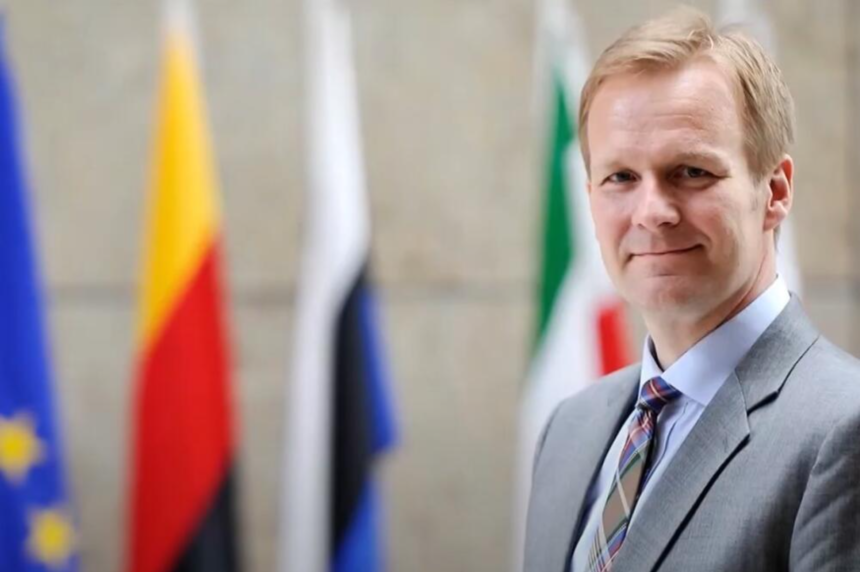The European Union’s special envoy for the Kosovo-Serbia dialogue, Peter Sorensen, has begun preparations within his mandate to advance the Pristina-Belgrade dialogue. However, a key element missing from his diplomatic agenda so far has been communication with the new U.S. administration.
He has held meetings with Kosovar and Serbian leaders, including Kosovo’s president and prime minister, Vjosa Osmani and Albin Kurti, as well as Serbia’s chief diplomat, Marko Djuric, and Serbia’s Minister for European Integration, Tanja Miscevic, as part of the Munich Security Conference in Germany.
Sorensen has announced each meeting he has held since receiving his mandate in early February, including those with high-ranking officials from Germany and France, as well as various international diplomats, with the aim of advancing the dialogue. However, to date, he has not reported any discussions with American officials.
This lack of communication with U.S. officials—who have played a significant role in the process in the past—comes at a critical moment for transatlantic relations, due to the rising tensions between Washington and Brussels, which have intensified after the return of President Donald Trump to the White House.
One of the last messages from Sorensen’s predecessor, Miroslav Lajcak, which also remains an important guide for the future of the dialogue, was the need to establish contacts between the EU and the U.S. as soon as possible and to reach an agreement on a joint approach to the Western Balkans.
Nevertheless, in March, the EU is expected to take concrete steps toward operationalizing the Kosovo-Serbia dialogue, including further political and diplomatic engagement. EU High Representative for Foreign Affairs and Security Policy, Josep Borrell, is expected to play a key role in leading the Kosovo-Serbia dialogue process.
Kallas emphasized a few weeks ago that she had heard criticisms regarding the current format of the dialogue between the two countries and warned that, together with Sorensen, they would analyze opportunities to make the dialogue process more functional and efficient.
Kosovo’s leaders have repeatedly asked the new EU structures to insist on the implementation of the agreement for the normalization of relations reached in 2023, and not to forget this agreement whenever the dialogue is mentioned, alongside the expectation that the new U.S. administration will advance mutual recognition.
Kosovo and Serbia reached a “historic agreement” two years ago, first in Brussels, and later in Ohrid.
However, despite European diplomats insisting that the Brussels Agreement and the Ohrid Annex are legally binding, they have yet to be implemented, and tensions continue to threaten regional stability.
Meanwhile, as the search for the “solution formula” is expected to continue amidst uncertainties surrounding Europe, alongside new geopolitical shifts, the course of global players in the Kosovo-Serbia dialogue remains to be seen.







